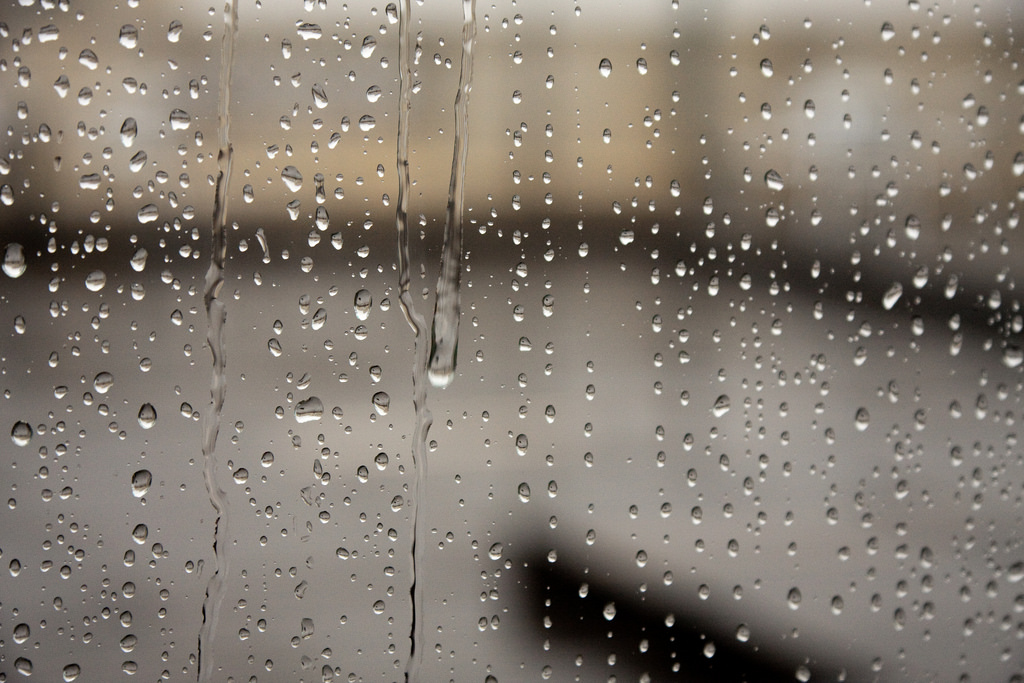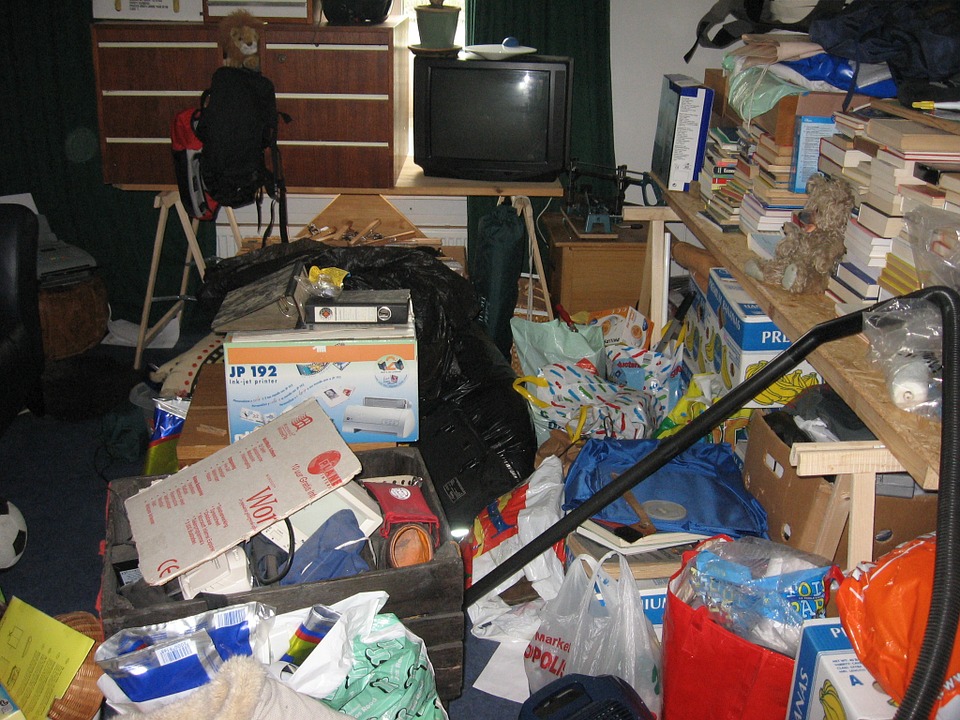What are the Primary Reasons for Water Pump Leaks?
In today’s homes, water pumps are essential tools that help manage water effectively. Their primary purpose is to move water from one place to another, whether it’s to increase water pressure for showers and faucets, maintain irrigation systems for gardens, or prevent floodingFlooding is the overflow or accumulation of water in areas t... More in basements. These pumps are also integral to the operation of appliances like washing machines and dishwashers, making sure we receive a continuous water supply for daily activities.
However, despite their significance, these water pumps can also develop leaks, potentially causing water damage. Therefore, it is essential to understand the causes behind water pump leaks and take preventive measures to stop the leak and prevent damage.
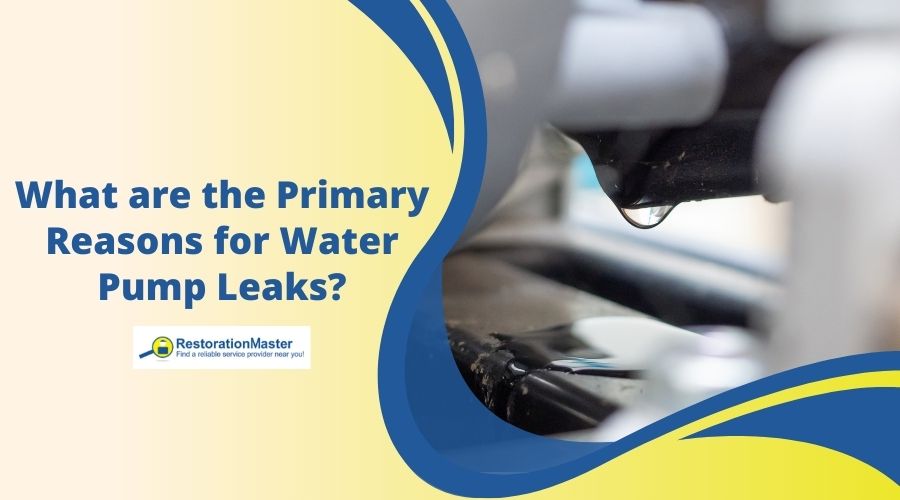
Common Causes of Water Pump Failures Resulting in Leaks
If you find yourself wondering why your water pump is suddenly leaking, these might be the primary reasons behind it.
- Corrosion: Corrosion presents a common challenge for household water pumps, especially those featuring metal components. Over time, exposure to water, oxygenOxygen is a chemical element essential for combustion and li... More, and environmental elements triggers rustRust is a reddish-brown oxide that forms on iron or steel du... More formation. This gradual decay weakens the pump’s structureStructure refers to the framework or components of a buildin... More, ultimately leading to potential leaks. Interestingly, corrosion isn’t limited to the pump’s exterior; it can also affect internal components like impellers and casing, disrupting their function. Moreover, poor water quality or the presence of contaminants can worsen the corrosion process. It’s a concerning combination – water and impurities accelerating rustRust is a reddish-brown oxide that forms on iron or steel du... More formation, increasing the likelihood of pump damage.
- Over Heating: When water pumps run for too long, don’t cool properly, or face hot surroundings, they can overheat. This overheating can accelerate the deterioration of parts like seals and gaskets, leading to potential leaks. Additionally, excessive heat can cause the pump to expand, which can worsen wear and tear. A broken thermostatA thermostat is a device that monitors and regulates tempera... More can also cause overheating. It manages how coolant flows through the engine and radiator. If it gets stuck closed, the coolant flow is restricted, which can make the engine overheat.
- Excessive Pressure: Water pumps are built to work effectively within certain pressure limits. If they face too much pressure, whether from system issues or external factors, they can get strained and suffer damage, which can leadLead is a heavy metal that can be toxic to humans, especiall... More to leaks. High pressure can be caused by things like blockages in water lines, incorrect pump settings, or changes in water demand.
- Cavitation: Cavitation happens when the pressure inside the pump gets so low that it makes the water turn into vaporVapor is the gaseous form of a substance that is typically l... More and form bubbles. These bubbles collapse near the pump’s surfaces, causing erosion and damage. This can weaken important parts of the pump like the impellers and casing, which can then leadLead is a heavy metal that can be toxic to humans, especiall... More to leaks. Factors like using the wrong-sized pump, having too much suction pressure, or having air mixed in with the water can all make cavitation worse.
- Dry Running: Dry running is basically running the water pump without having enough water. When there’s not enough water to keep things lubricated and cool, the pump’s parts start rubbing against each other more, which makes them wear out faster. This can leadLead is a heavy metal that can be toxic to humans, especiall... More to the seals breaking down and leaks occurring. Dry running can be caused by things like low water levels, airlocks, or problems with getting the pump started.
- Outdated: Over time, pump components can deteriorate due to various factors such as wear and tear, exposure to environmental conditions, and technological advancements. As pumps age, their materials may degrade, seals may weaken, and internal mechanisms may become less efficient. Additionally, changes in industry standards and advancements in pump technology may render older pump models outdated in terms of performance and efficiency. These factors combined can leadLead is a heavy metal that can be toxic to humans, especiall... More to decreased reliability, increased risk of leaks, and reduced overall effectiveness of the pump.
How a Water Pump Leak Causes Damage in the House?
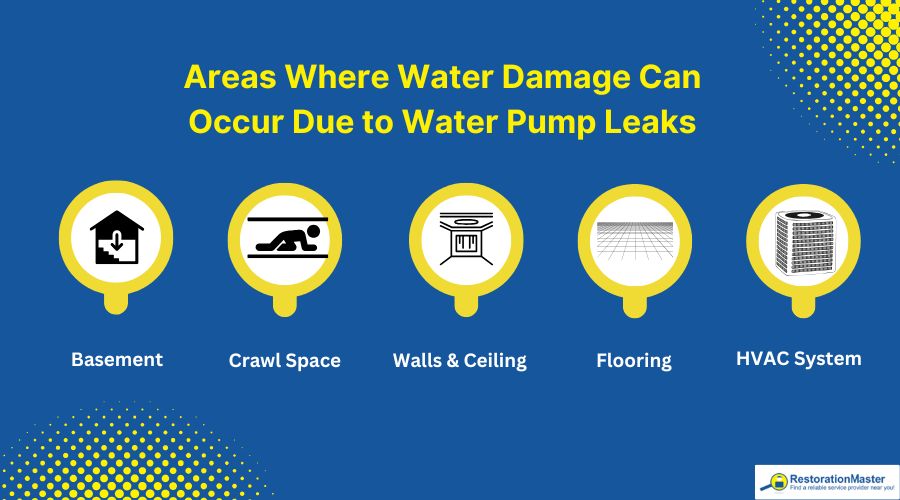
A water pump leak can cause damage in various areas of the house, depending on its location, severity, and how long it goes unnoticed or unrepaired. Here are some common areas:
- Basement: If your water pump is located in the basement, a leak can result in water pooling on the floor and this can damage anything that is stored in the basement such as groceries, furniture, clothes, or any other documents or personal items.
- Crawl Space: For homes with crawl space, a water pump leak can saturate the soil beneath the house which can cause saggy floors or weakened support beams that can disrupt the structural integrity of the house.
- Walls and Ceiling: The leak from the water pump can seep into your walls and ceiling, causing visible stains, discoloration, peeling of wallpaper or paint, and drywall damage. If not repaired, overtime can leadLead is a heavy metal that can be toxic to humans, especiall... More to a collapse.
- Flooring: Leaks can definitely seep into floors, causing various issues with different types of flooring. Hardwood floors are inclined to warpingWarping is the bending, twisting, or distortion of materials... More or rotting, while carpeting can develop moldMold is a type of fungus that grows in damp or humid conditi... More and unpleasant smells. Additionally, tiles may loosen or crack as well.
- HVAC Systems: If a leak occurs near the HVAC system, components like ductwork and air handlers get damaged. The moisture within the system can also leadLead is a heavy metal that can be toxic to humans, especiall... More to moldMold is a type of fungus that grows in damp or humid conditi... More growth, which can compromise indoor air qualityIndoor air quality (IAQ) refers to the condition of the air ... More and pose health risks to you and your family.
How Do I Stop My Water Pump from Leaking?
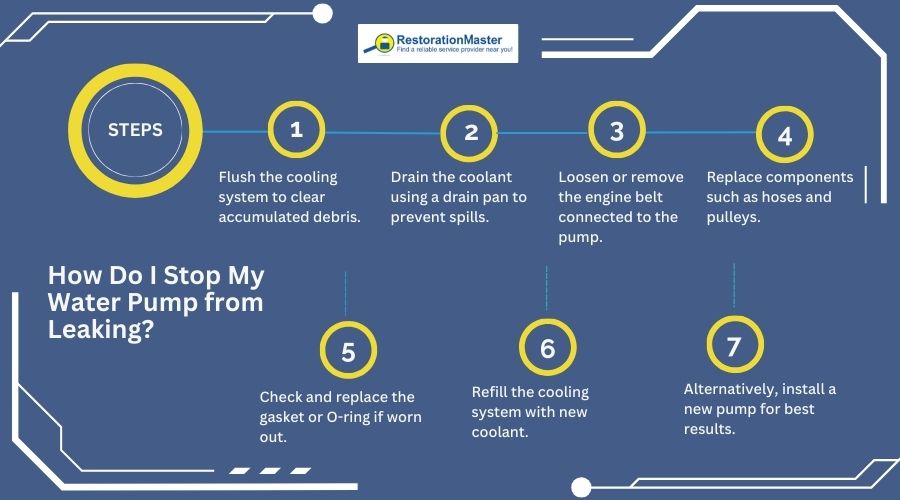
If you’re looking to stop the leak from occurring again and again, here are some basic steps to follow:
- Flush the cooling system to remove and clear all the debris that might have accumulated.
- Drain the coolant from the system to prevent spills. You can use a drain pan to collect the coolant.
- Loosen or remove the engine belt that is connected to the pump
- Try replacing the components such as hoses and pulleys.
- Check the gasket or O-ring and replace it if it looks worn out.
- Refill the cooling system with a new coolant.
- Or the best-case scenario is to install a new pump
Water Damage Restoration Services
Water damage restorationWater damage restoration is the professional process of clea... More refers to the process of repairing and restoring property that has been affected by flood, leaks, or water pooling. Water damage professionals are highly trained to address any kind of leaks and they are available around the clock to provide flood cleanup and restorationRestoration is the process of returning a property to its pr... More services in the event of any damage that has occurred to the property.
Did you just face a leak from your home water pump, causing damage to the floors, ceilings, and entire house, call our water damage restoration experts now for immediate assistance.
Frequently Asked Questions
How much does it cost to repair or replace a leaking water pump in my home?
The cost to repairRepair is the act of fixing or restoring damaged property, m... More or replace a leaking water pump can vary depending on the severity of the leak and the type of pump. On average, repairRepair is the act of fixing or restoring damaged property, m... More costs can range from $150 to $500, while replacing a water pump may cost between $500 and $1,200.
Can a leaking water pump affect my home’s water heater?
A leaking water pump can definitely affect your home’s water heater in several ways. When the water pump leaks, it can disrupt the flow of water throughout your plumbing system, including the water supply to the heater. This reduced water flow may cause inconsistent water temperatures, leaving you with lukewarm or even cold water when you need hot water. In some cases, if the leak is significant or left unresolved, it can strain the water heater and leadLead is a heavy metal that can be toxic to humans, especiall... More to decreased efficiency, causing the system to work harder to heat water.
Additionally, a long-term leak can leadLead is a heavy metal that can be toxic to humans, especiall... More to damage within the water heater itself. For example, the constant reduction in water flow might leadLead is a heavy metal that can be toxic to humans, especiall... More to overheating, which can damage the internal components of the heater, such as the heating elements or the thermostatA thermostat is a device that monitors and regulates tempera... More. Over time, this may leadLead is a heavy metal that can be toxic to humans, especiall... More to more serious issues that could require costly repairs or even a full replacement of the water heater.
Can a leaking water pump cause flooding in my home?
While a leaking water pump by itself may not cause floodingFlooding is the overflow or accumulation of water in areas t... More, it can contribute to water damage if the leak is severe or left unaddressed. Water pooling around the pump or along the plumbing can leadLead is a heavy metal that can be toxic to humans, especiall... More to localized floodingFlooding is the overflow or accumulation of water in areas t... More, especially in basements or crawl spaces. It’s important to fix the leak quickly to prevent further water damage.
How often should I inspect my water pump for leaks?
It’s a good idea to inspect your water pump at least once a year, or more often if you notice any changes in water pressure, strange noises, or dampness around the pump area. Regular inspections can help detect leaks early and prevent more serious issues down the road.










